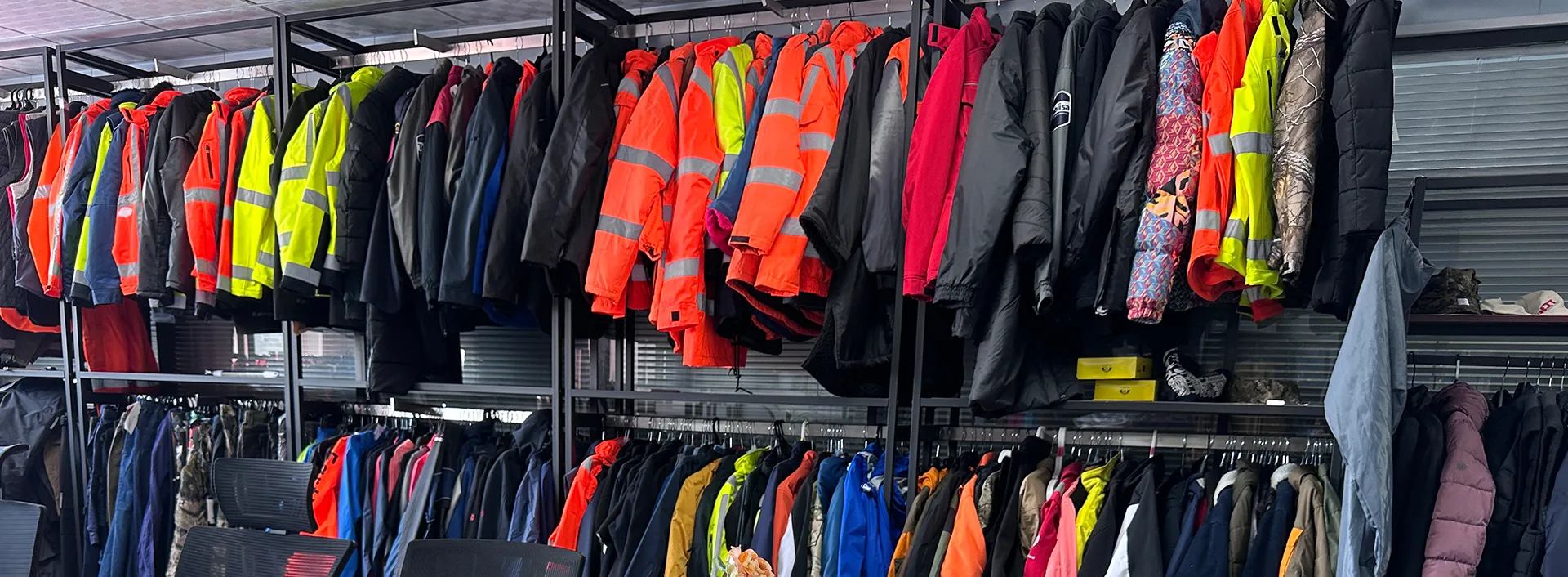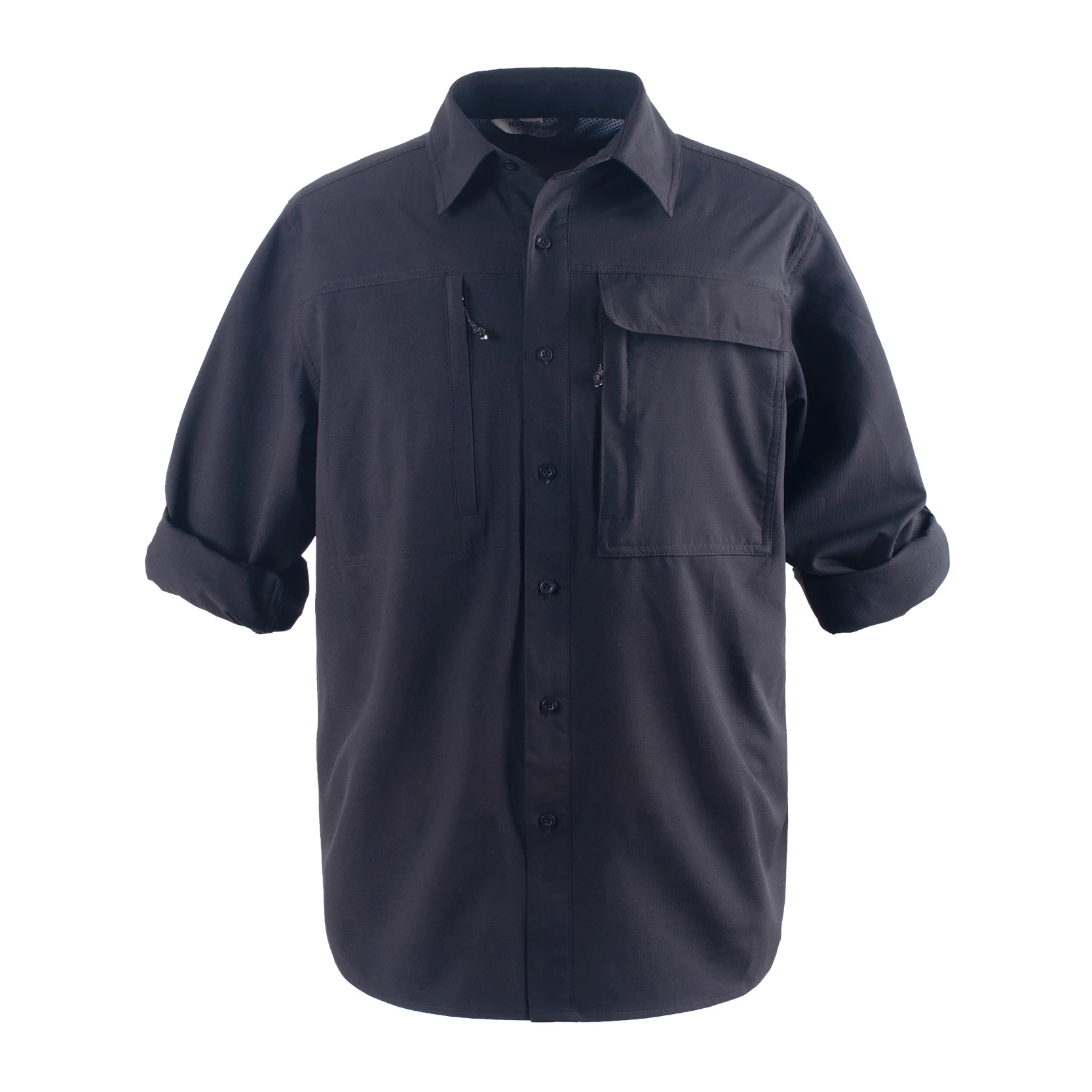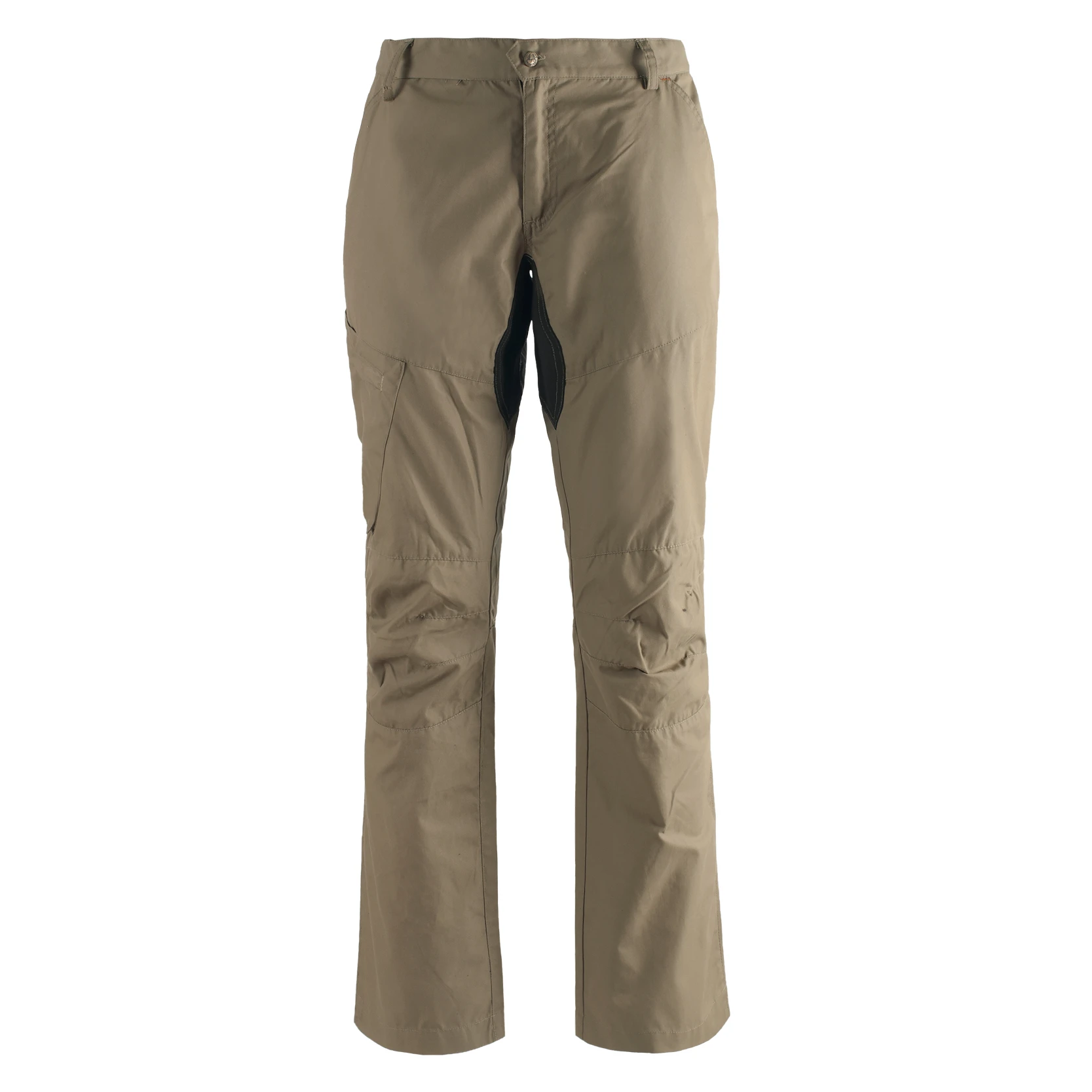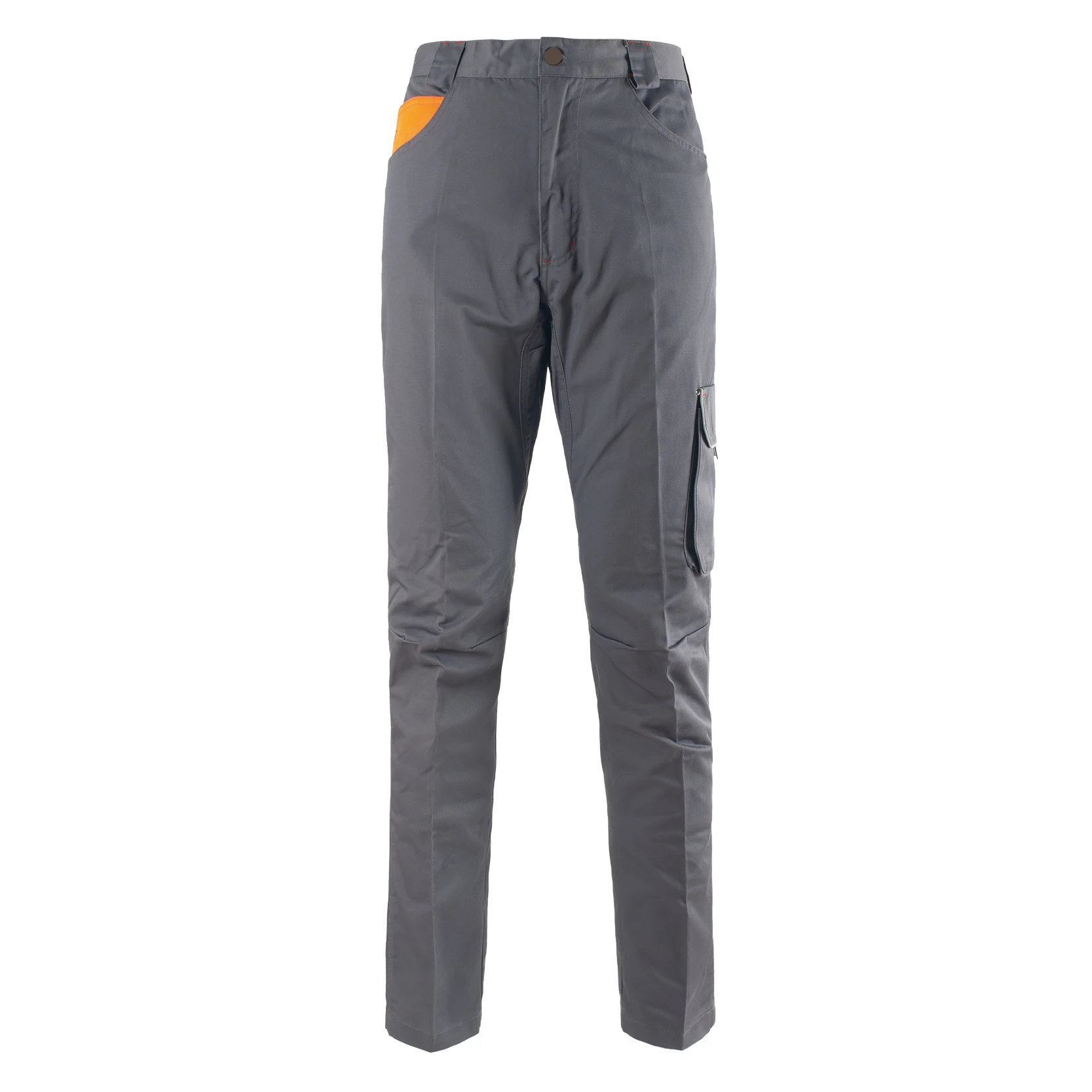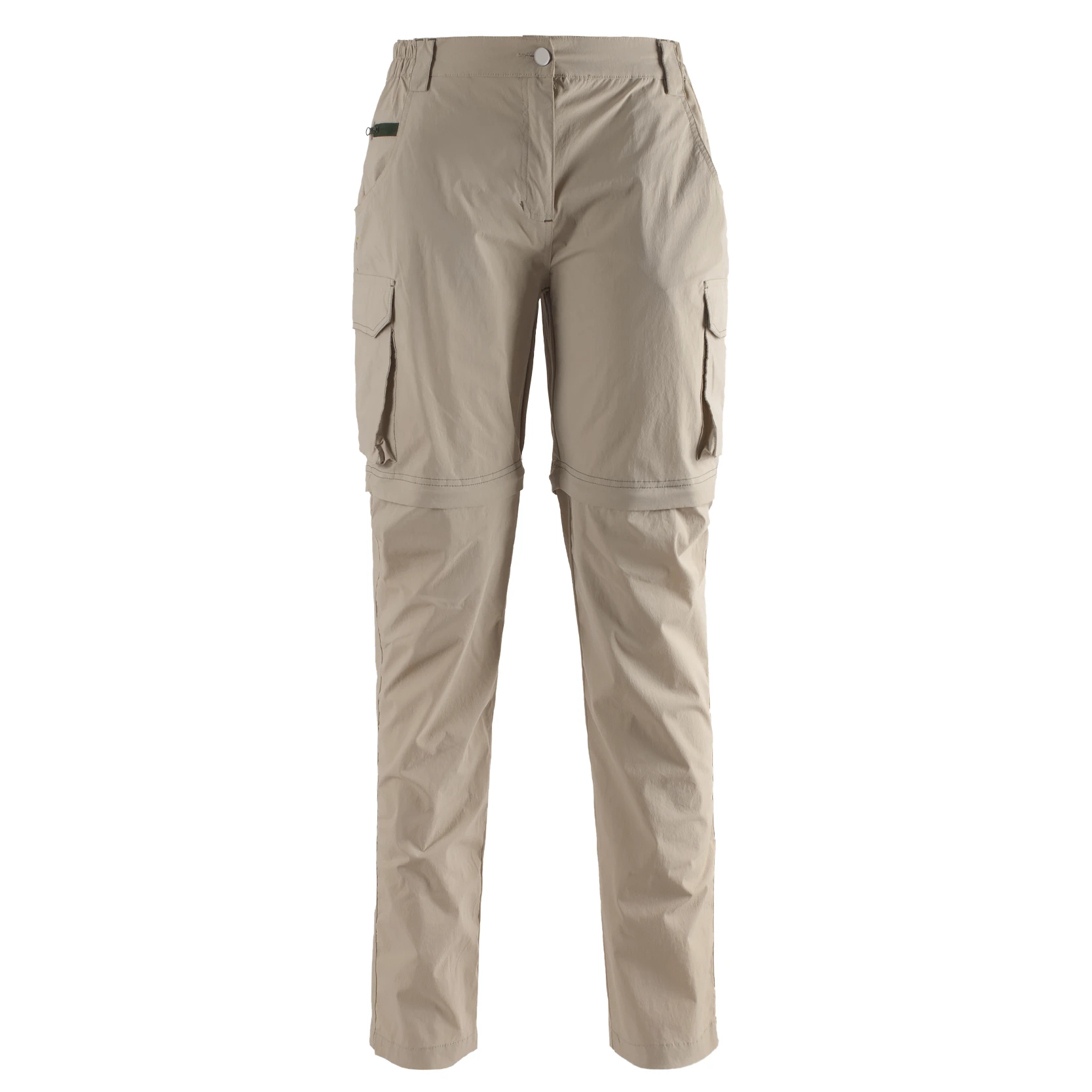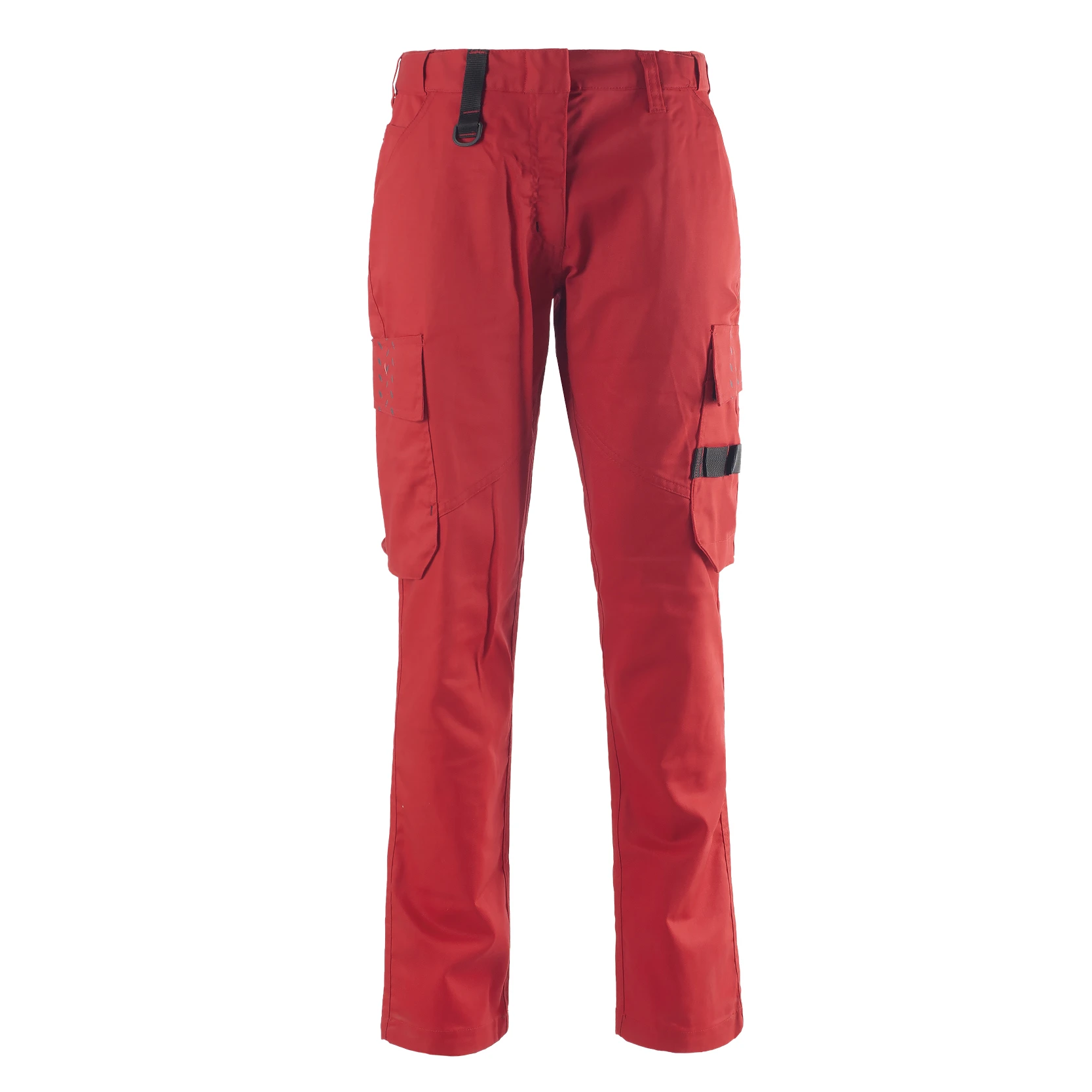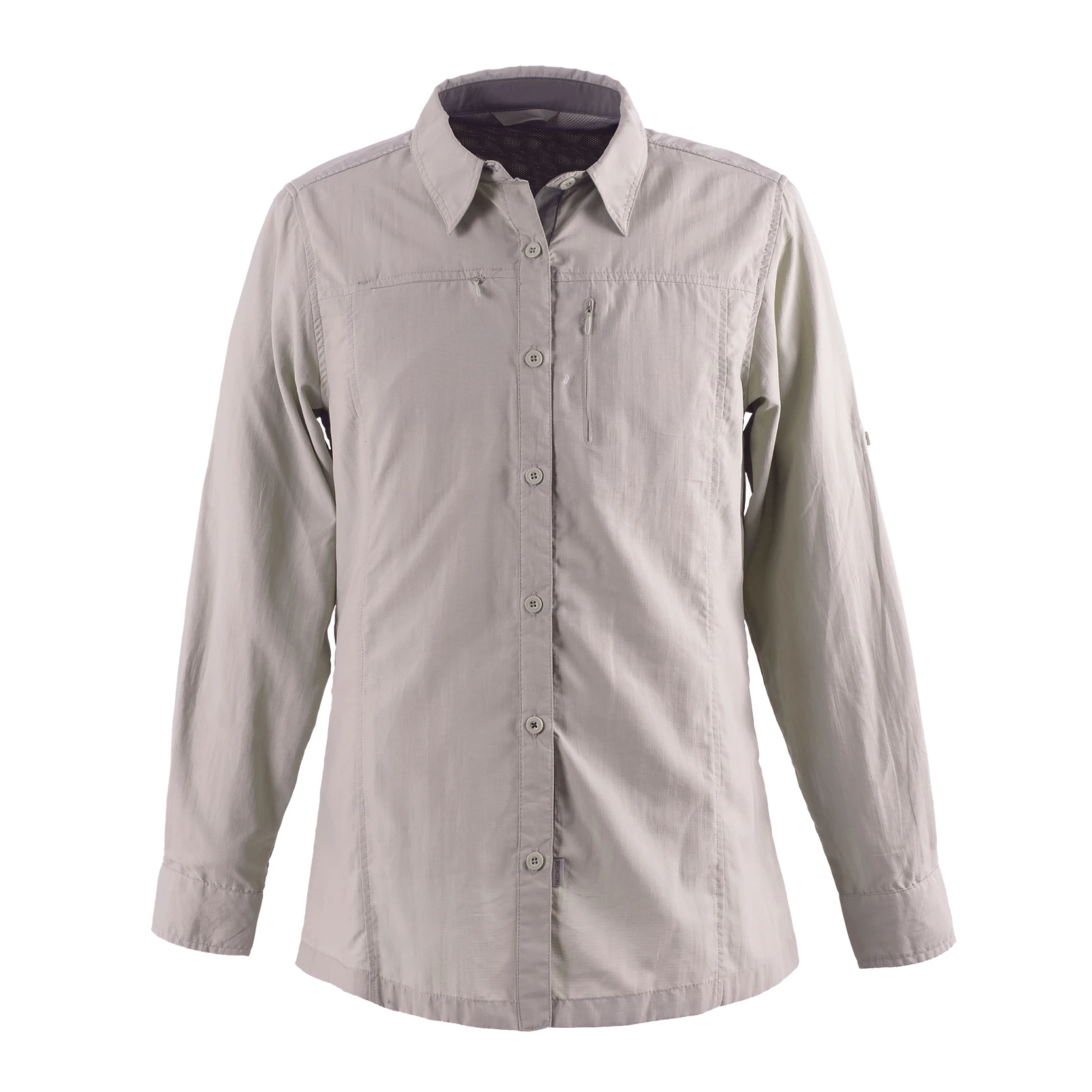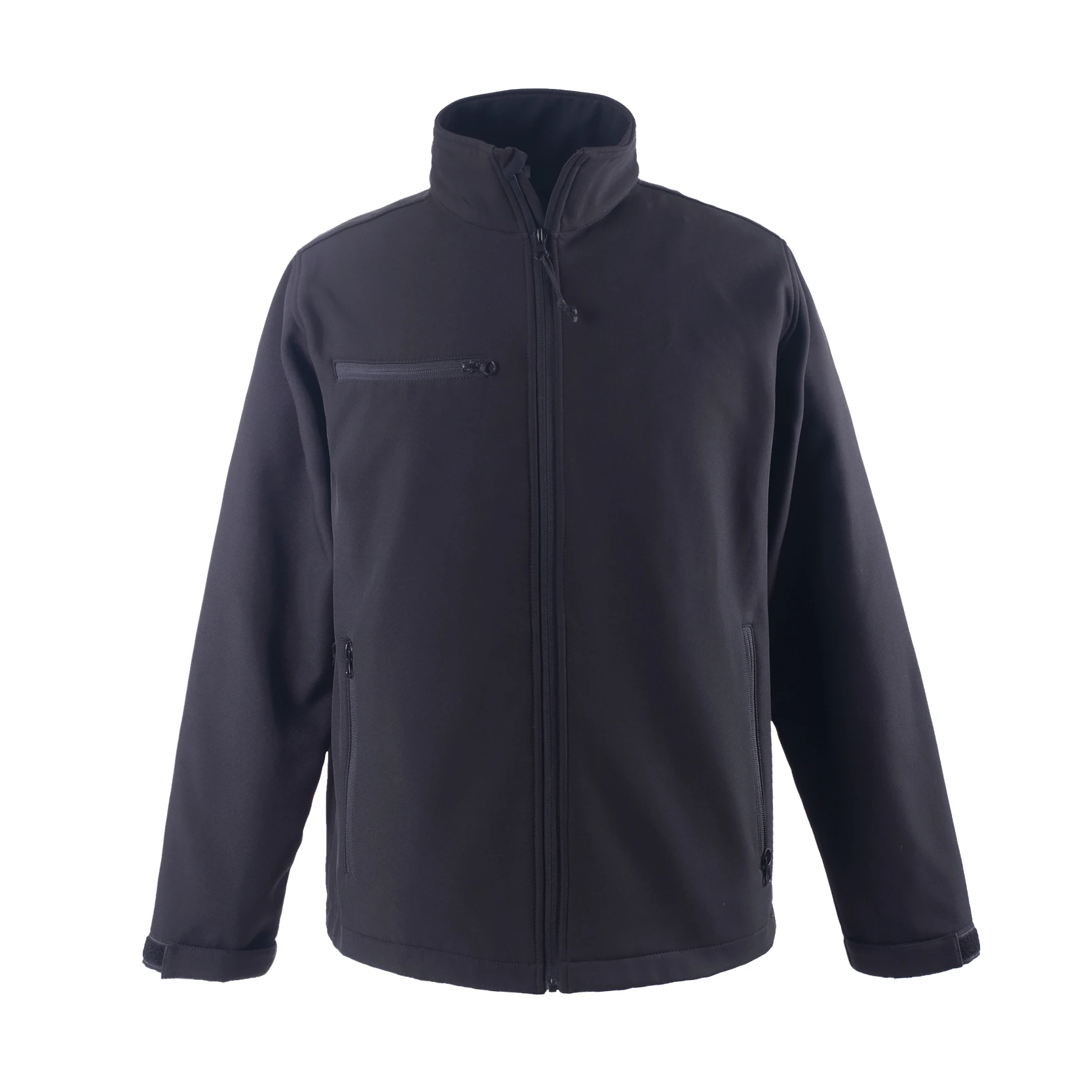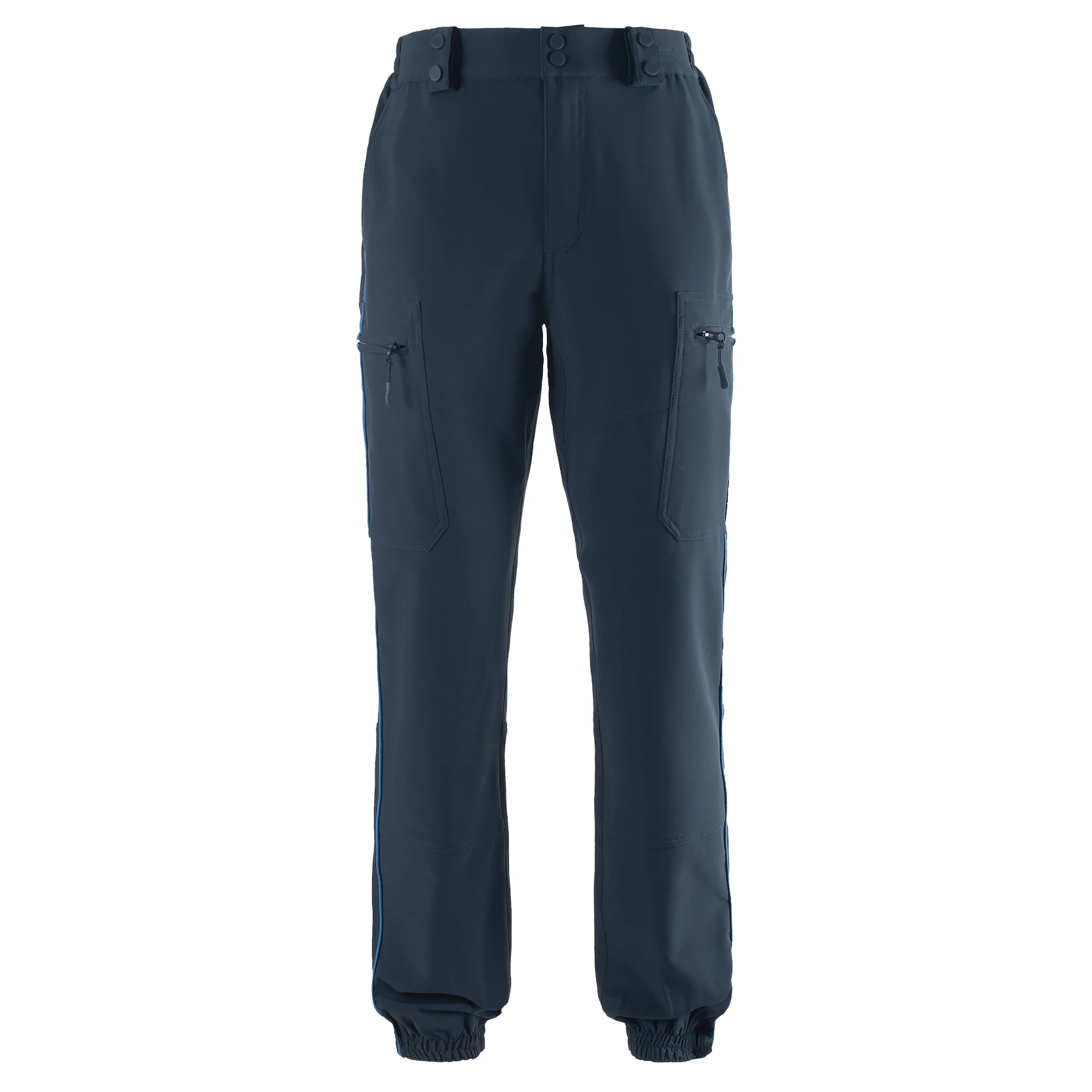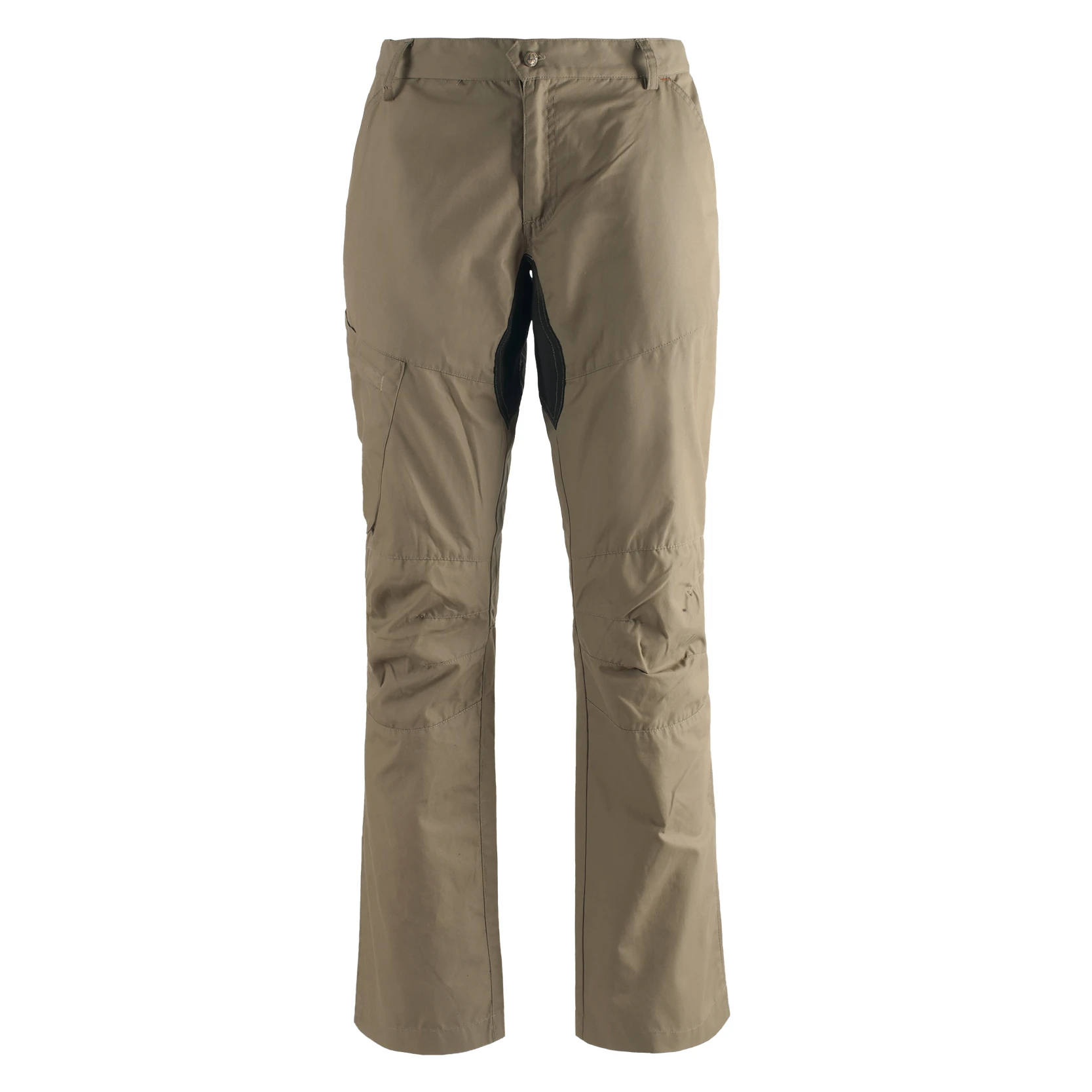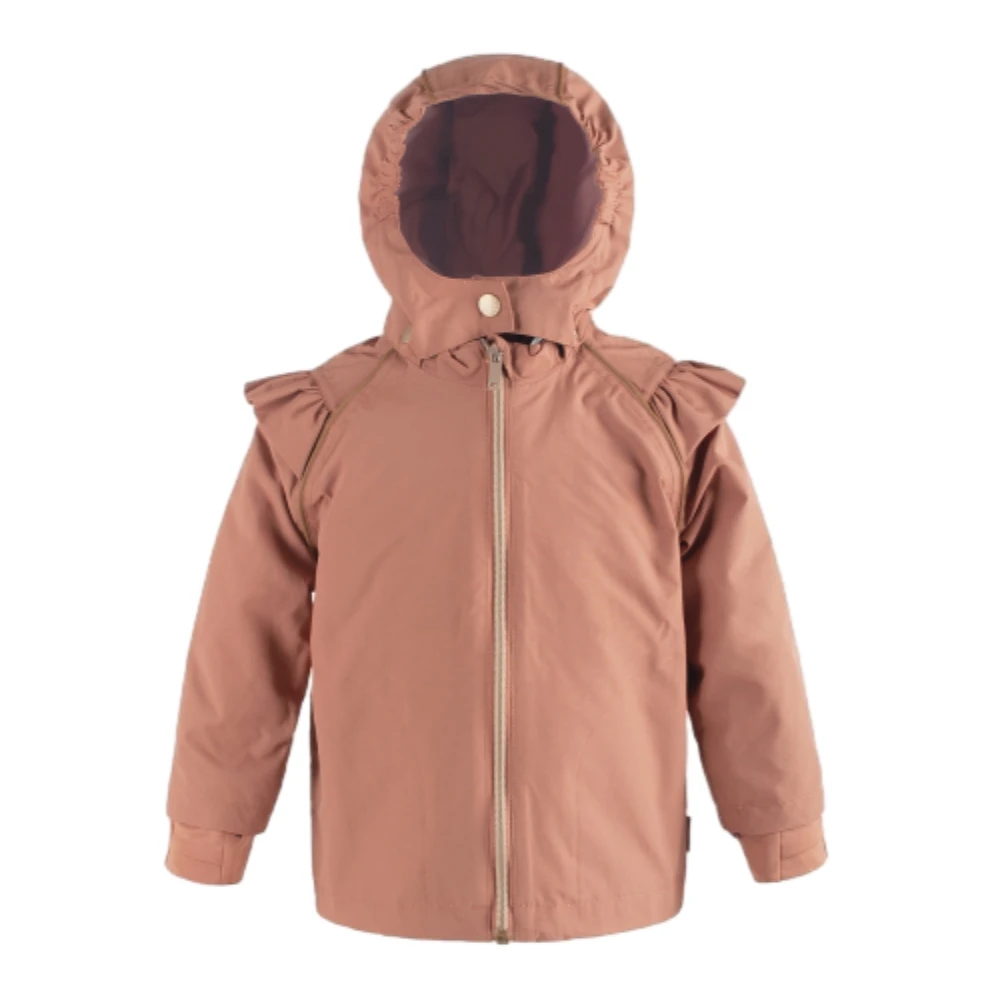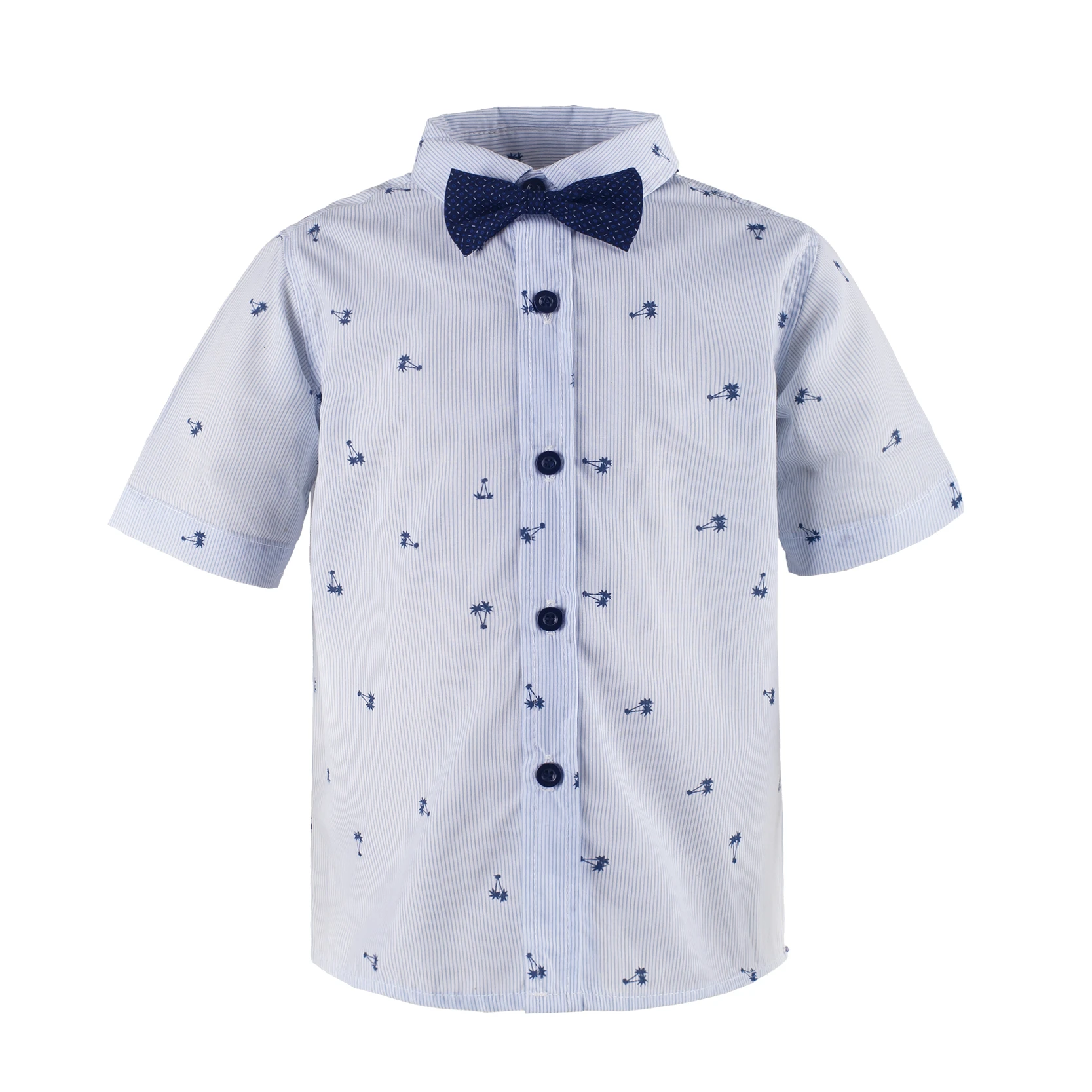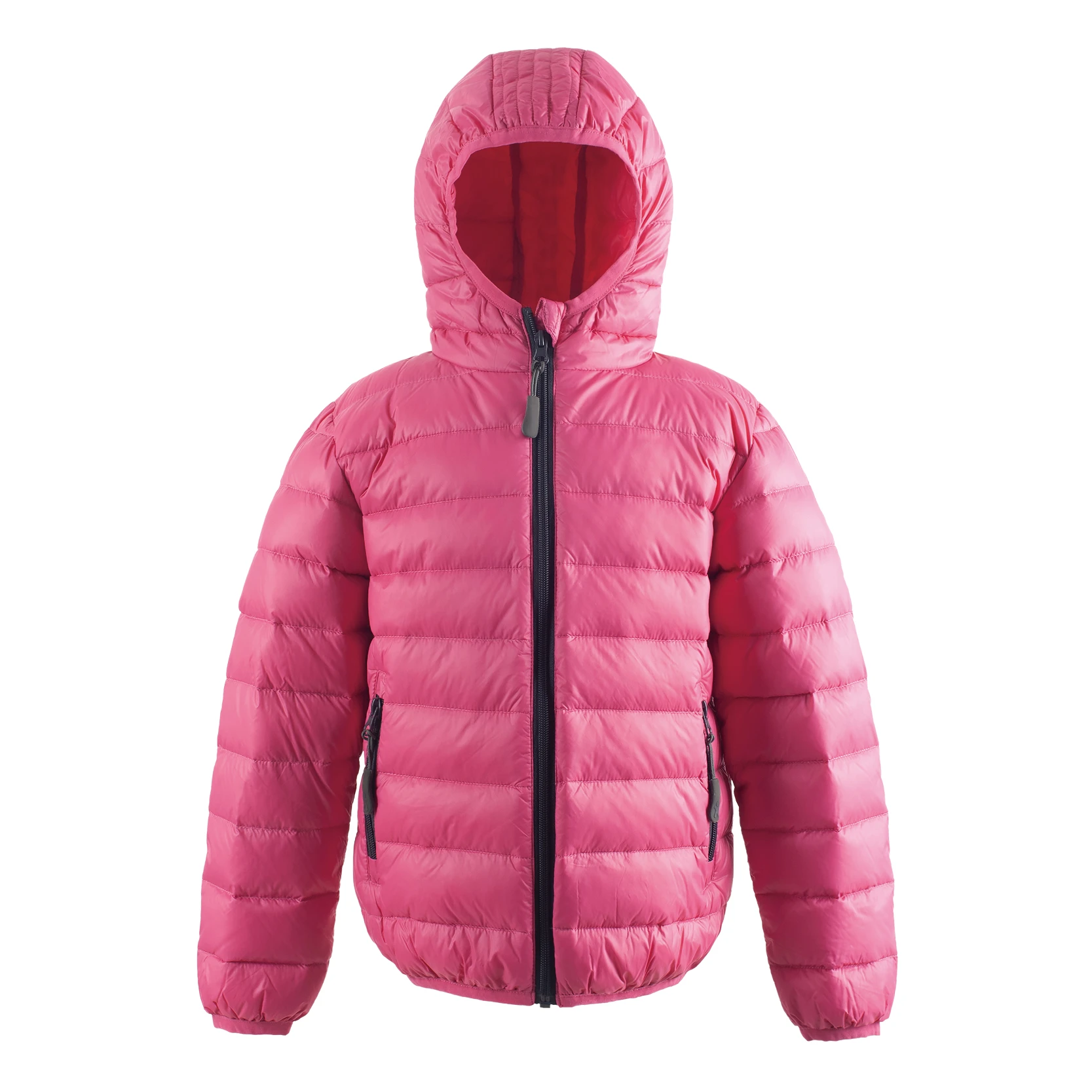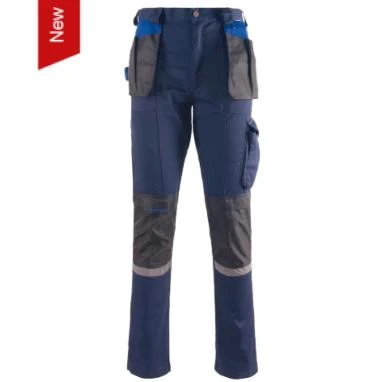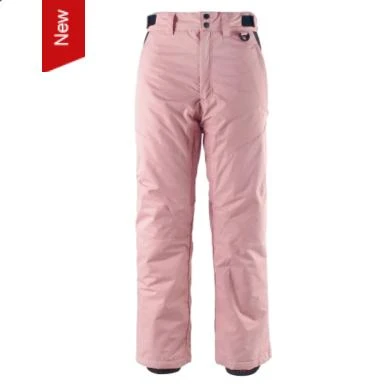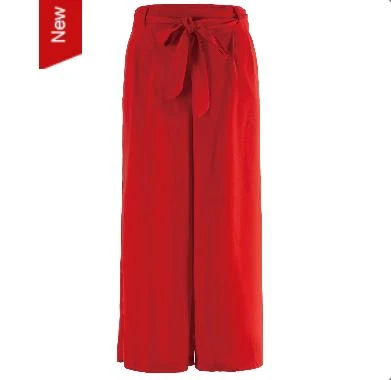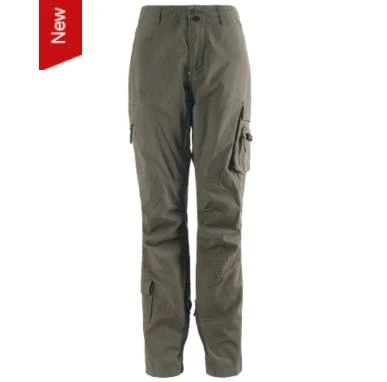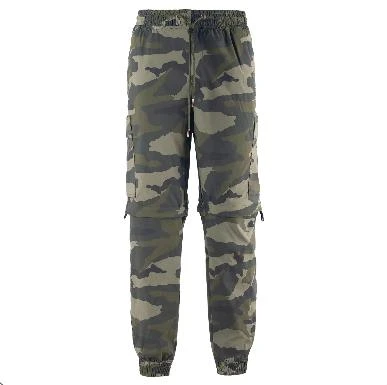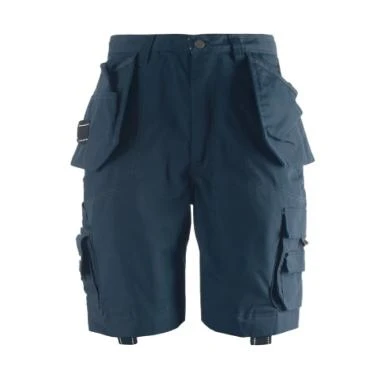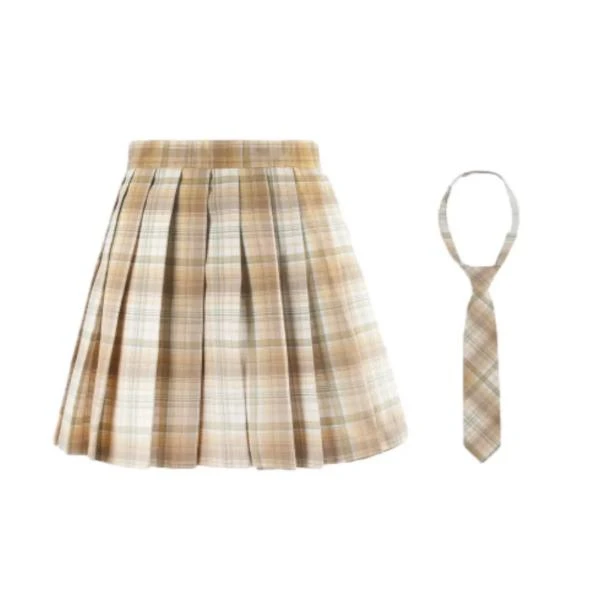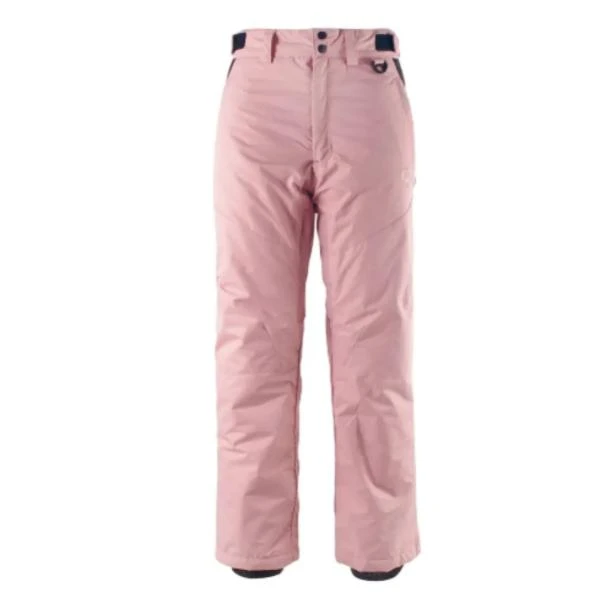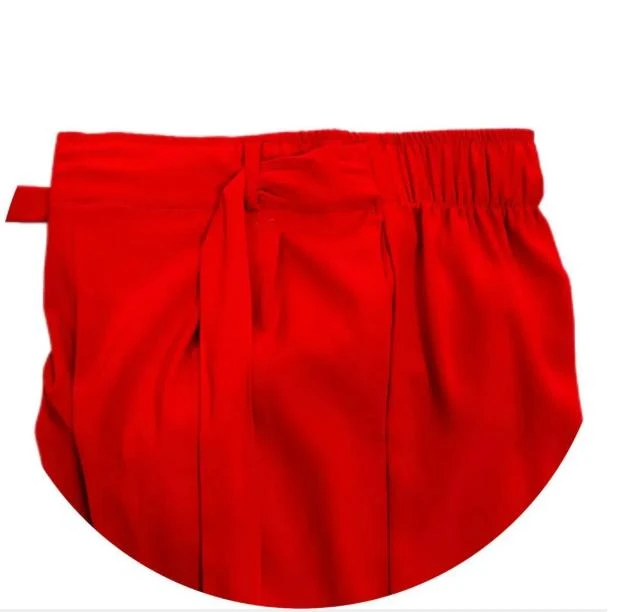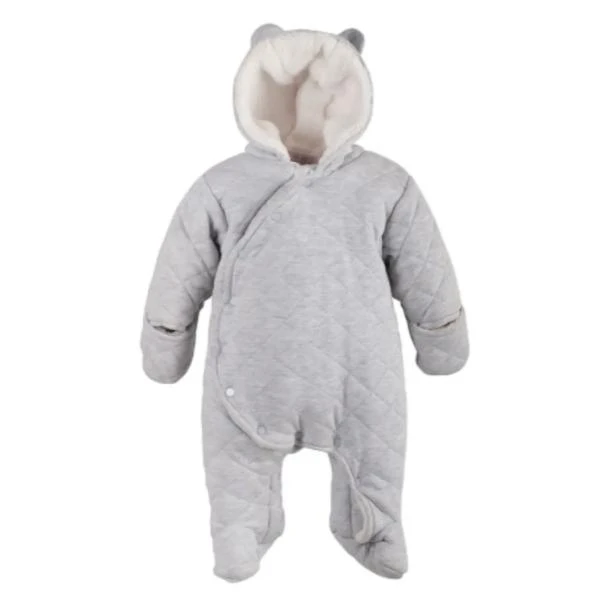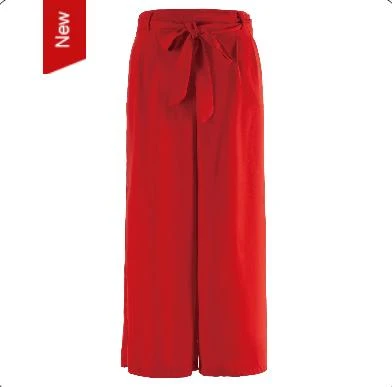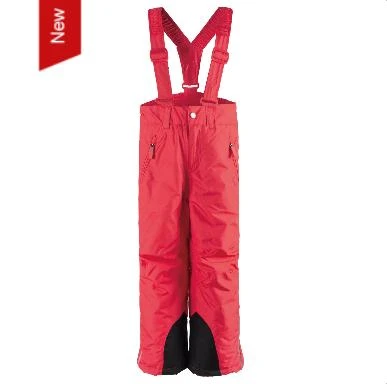- Introduction: Importance of High Visibility Jackets
- Technical Advantages of hi vis blouson, bomber, and FR bomber jackets
- Market Data and Industry Insights
- Manufacturers Comparison Table: Performance and Features
- Customization Solutions for Diverse Needs
- Real-World Application Cases
- Conclusion: Finding the Right jacket hi vis
Product
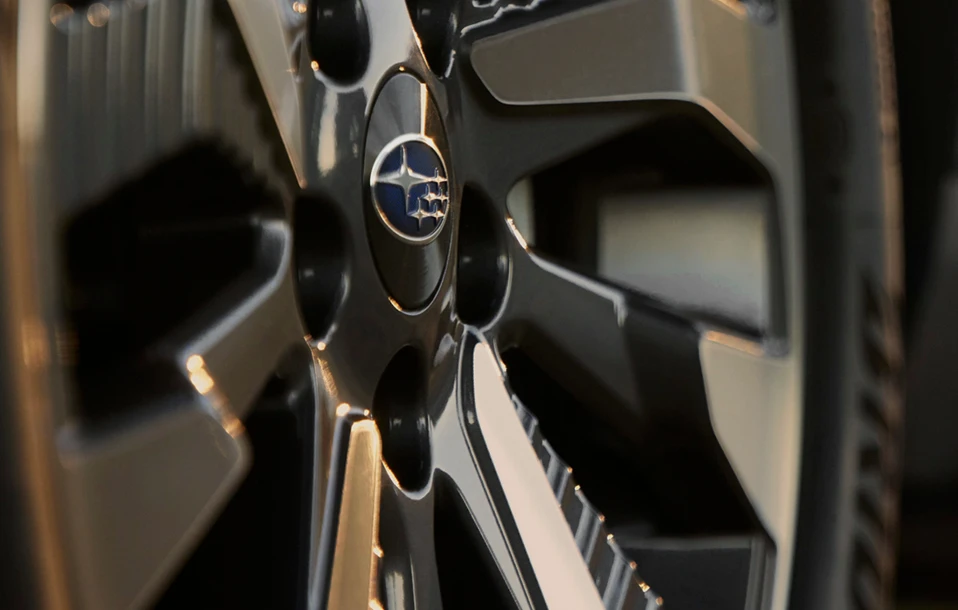
(jacket hi vis)
Introduction: The Essential Role of jacket hi vis in Modern Safety
In the realm of industrial safety and workplace compliance, the jacket hi vis remains a cornerstone for personal protective equipment (PPE). Industries including construction, logistics, oil and gas, and public works all rely on hi vis garments to enhance worker visibility and reduce risk of accidents. Governmental statistics affirm the significance: according to the Occupational Safety and Health Administration (OSHA), high visibility clothing is a recommended standard, having contributed to a 23% decrease in “struck-by” hazards in the last decade. These reductions are attributed largely to products like the hi vis blouson jacket, hi vis bomber jacket, and hi vis fr bomber jacket, each engineered to address unique working conditions. As regulatory requirements become more stringent, investments in high-performance hi vis outerwear are expected to rise, establishing a new benchmark for both safety and employee satisfaction.
Technical Advantages: Engineering Safety and Comfort in High Visibility Jackets
Advancements in materials science and garment design have driven substantial innovation in the development of high visibility workwear. The hi vis blouson jacket typically boasts robust, windproof shells and moisture-wicking linings, balancing warmth and breathability for all-season use. Contrastingly, the hi vis bomber jacket integrates additional insulation, storm cuffs, and multiple utility pockets, which make it highly favored in cold storage, traffic control, and aviation fields.
Safety standards further necessitate the use of fire-resistant (FR) materials in high-risk environments. Enter the hi vis fr bomber jacket: designed with inherently flame-retardant fabrics such as aramid blends or treated cotton, these jackets meet and often exceed international benchmarks like ANSI/ISEA 107 and NFPA 2112. These technical improvements deliver not just protection against flames and arc flash, but also sustain high visibility through durable reflective tape placements and colorfast fluorescent fabrics, ensuring compliance throughout the jacket’s lifecycle.
Market Data and Industry Insights
The global high visibility clothing market surpassed USD 1.5 billion in 2023 and is projected to expand at a CAGR of 6.7% through 2030. This surge correlates with increased infrastructure projects and heightened occupational safety regulation. Notably, bomber-style and FR variants are driving the fastest growth:
- Bomber jackets: Accounted for 28% of unit sales due to demand in transportation and logistics sectors.
- FR bomber jackets: Witnessed a 12% year-over-year surge aligned with oil & gas industry expansions.
- Customization: 41% of enterprise buyers request branded or task-specific modifications.
End-users consistently rank comfort, durability, and conformity to visibility standards as top purchase drivers. In field tests by leading safety organizations, workers wearing compliant jacket hi vis outerwear experienced an average 39% faster vehicle response time under low-light conditions compared to non-hi vis apparel.
Manufacturers Comparison Table: Performance and Features
| Brand/Model | Type | Material | Visibility Standard | FR Compliance | Water Resistance | Temperature Range | Average Price (USD) |
|---|---|---|---|---|---|---|---|
| Portwest PW371 | Blouson | 300D Oxford Polyester | ANSI/ISEA 107 Type R Class 3 | No | Yes | -15°C to 20°C | 52 |
| Carhartt 100787 | Bomber | 500D Cordura® Nylon | ANSI/ISEA 107 Class 3 | No | Yes | -20°C to 10°C | 95 |
| Ariat FR Hi-Vis Bomber | FR Bomber | Modacrylic/Cotton FR Blend | ANSI/ISEA 107 Class 3 | NFPA 2112 | Yes | -15°C to 5°C | 189 |
| Radians SV63 | Bomber | Polyester Shell/Quilted Liner | ANSI/ISEA 107 Class 3 | No | Yes | -10°C to 15°C | 67 |
| Tingley J24172 | FR Bomber | PU Coated Polyester FR | ANSI/ISEA 107 Class 3 | ASTM F2733 | Yes | -20°C to 10°C | 210 |
The table above highlights differences not merely in price, but in compliance, climate suitability, and technical construction. Decision-makers should weigh factors such as FR certification and weather resistance in tandem with costs.
Customization Solutions for Diverse Industry Needs
Leading suppliers of high visibility jackets offer extensive customization to address varied operational and branding requirements. Customization layers generally include:
- Logo and Identification: Embroidery, heat-sealed patches, and reflective text for immediate identification.
- Color Coding: Specific colorways for job roles (e.g., green for fire marshals, blue for managers).
- Pocket Layouts: Configurations for utility, tool storage, mobile device pockets, or radio loops.
- Fit and Sizing: Tailoring for improved comfort and layered clothing (including women’s fits).
- Fabric Upgrades: Enhance flame-resistance, waterproofing, or breathability based on working environment.
- Special Add-Ons: Detachable hoods, zip-in liners, ventilation panels, and storm flaps for additional protection.
Procurement data indicates that a 37% reduction in uniform replacement costs can be achieved via suitable customization, particularly when durability is paired with precise functional design. Feedback from multinational companies highlights improved morale and safety compliance rates where such tailored solutions are deployed.
Real-World Application Cases
Case Study 1 – Transportation Sector: A Midwest US logistics company replaced standard jackets with customized hi vis bomber jackets featuring RFID tags and reinforced elbows. The result: a 12% reduction in item loss during transit and dramatic improvement in compliance during random OSHA audits.
Case Study 2 – Utility and Energy: In Canada’s oil sands, the adoption of hi vis fr bomber jackets meeting NFPA 2112 has significantly reduced the frequency of near-miss burn incidents by 18%. Worker feedback documented enhanced ease of movement and thermal protection during subzero operations, contributing to higher job satisfaction and fewer lost-time injuries.
Case Study 3 – Public Works: Municipal road repair teams in the UK migrated to hi vis blouson jackets. Over a six-month period, visibility-related accident reports declined from 9 to 2, underscoring the direct impact of advanced apparel on urban roadway safety.
These cases encapsulate the measurable return on investment for employers prioritizing worker visibility and protection, showcasing how choosing the right jacket can lead to tangible operational gains.
Conclusion: Selecting Your Best-Fit jacket hi vis Solution
Selecting a jacket hi vis product involves much more than aligning with mandated standards. Critical evaluation of garment type—be it a hi vis blouson jacket for flexible utility, a hi vis bomber jacket for demanding outdoor work, or a hi vis fr bomber jacket for hazardous environments—ensures optimal fit, performance, and workforce well-being. Manufacturers continue to innovate, delivering solutions that blend comfort, climate adaptability, and rigorous compliance. As the need to protect frontline workers intensifies and branding matters more than ever, businesses equipped with data-driven insights and tailored jacket hi vis apparel are positioned to set new benchmarks in safety and professional presentation.
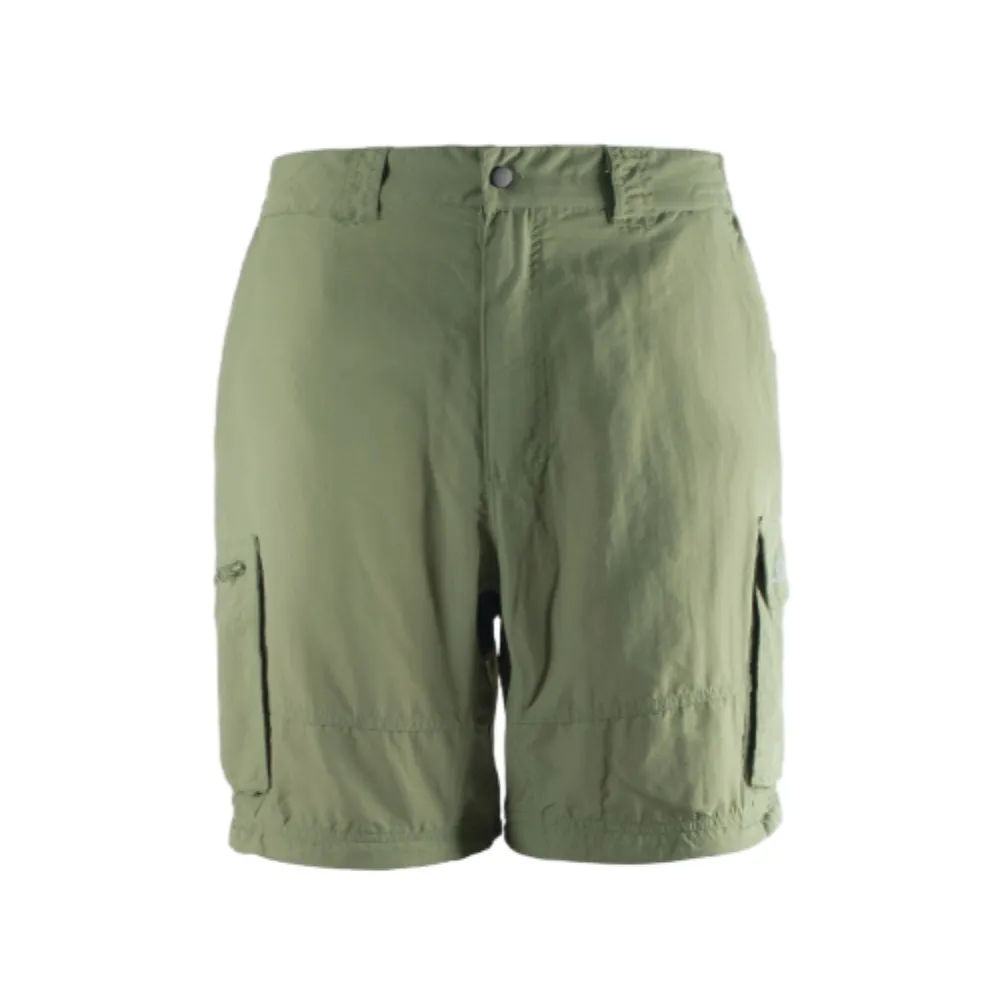
(jacket hi vis)


